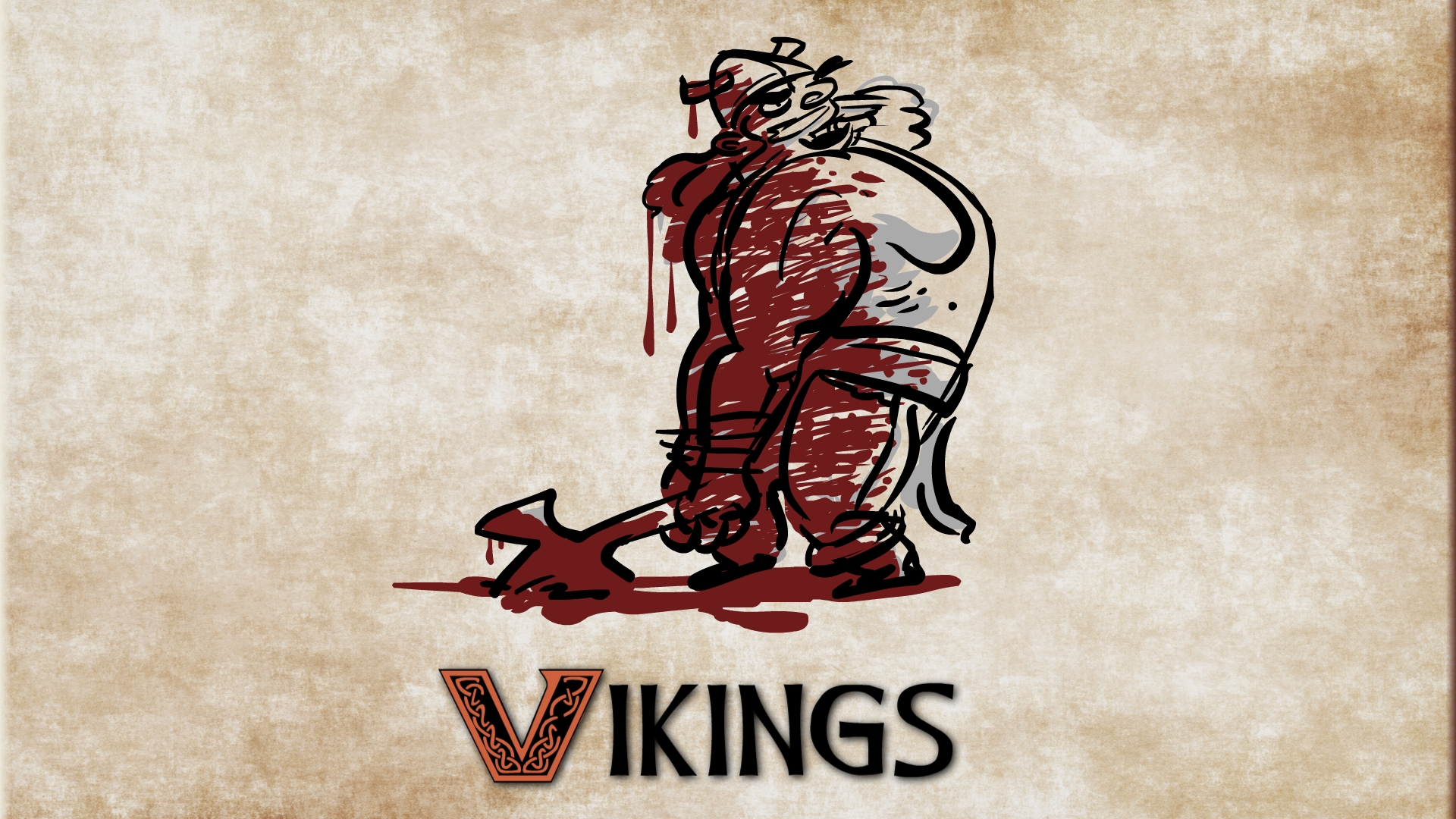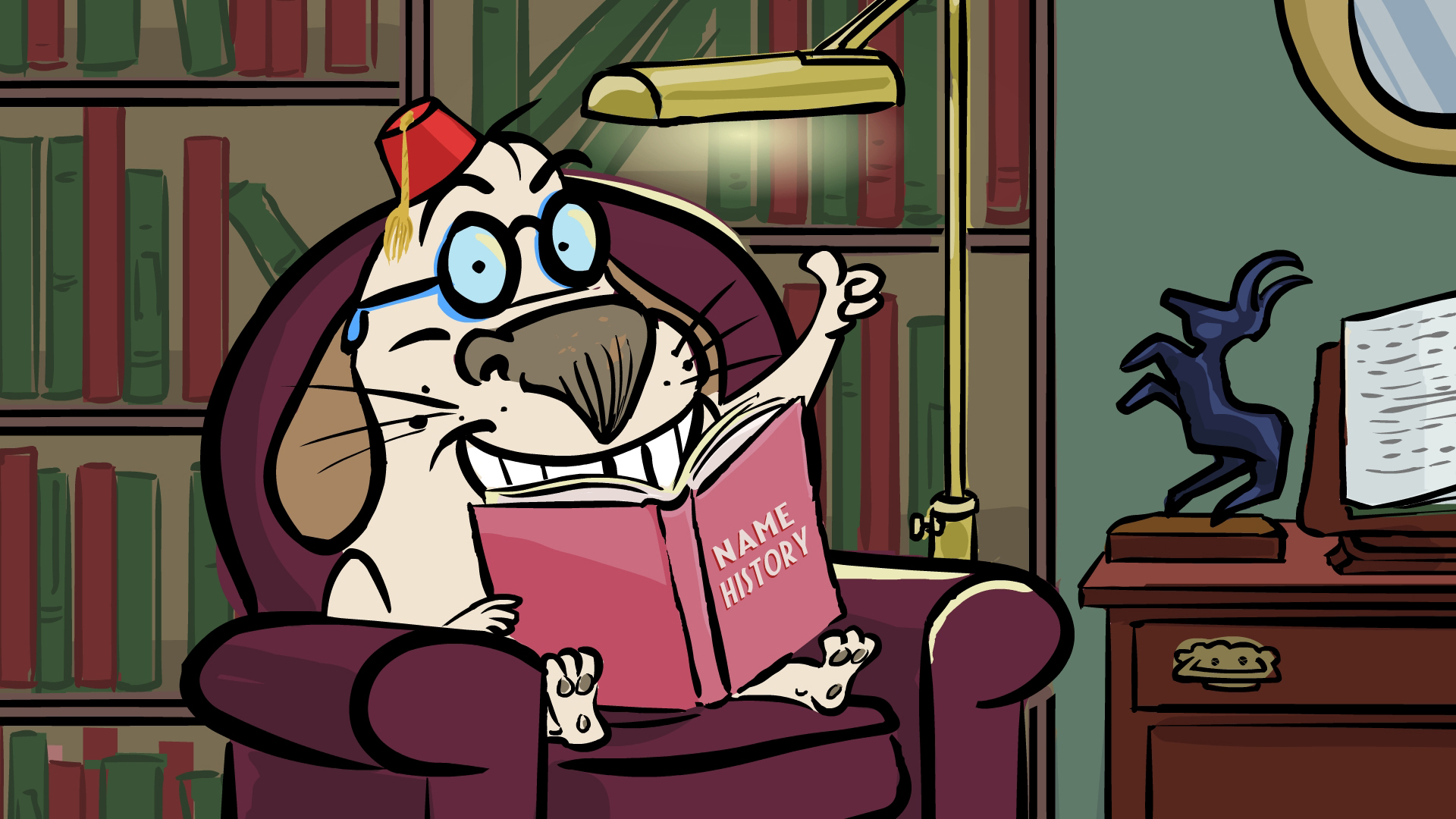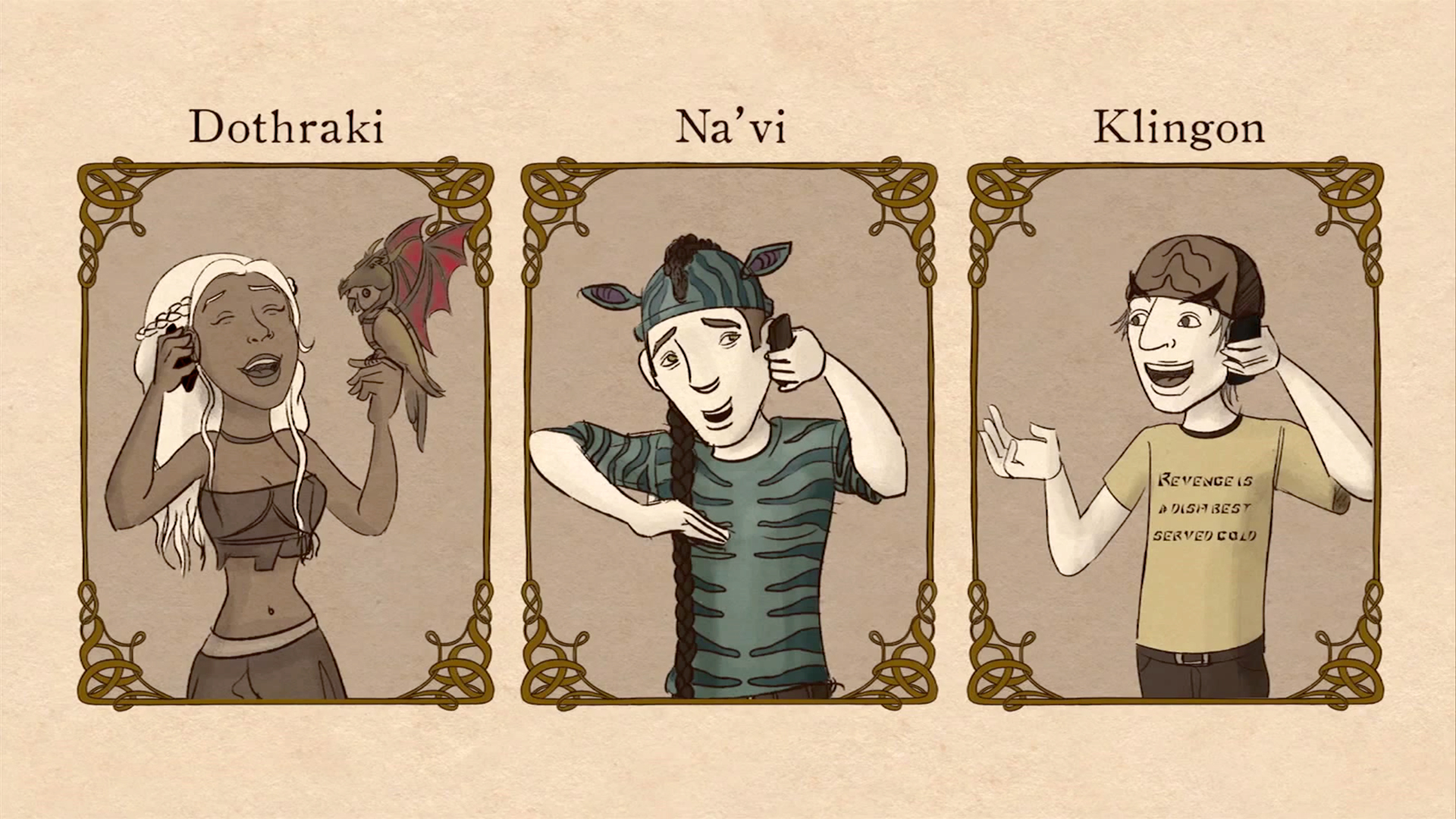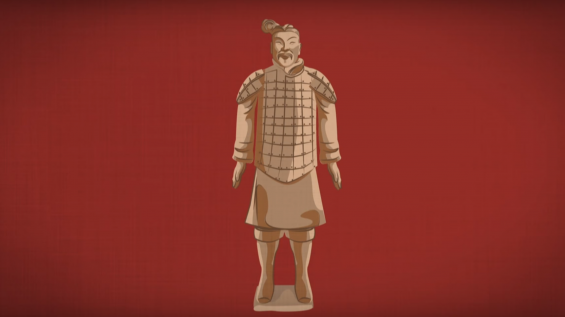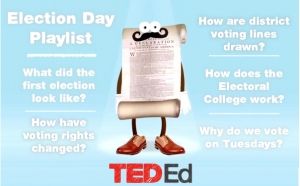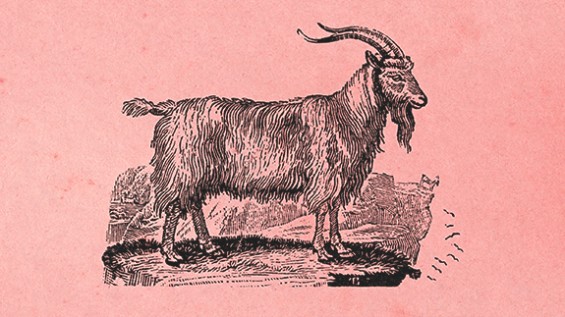
Three TED-Ed Lessons from a master linguist
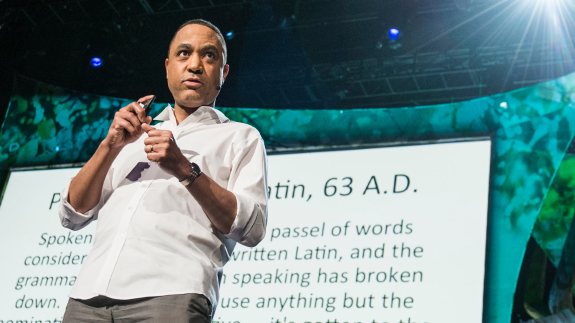
Understanding linguistics, or the scientific study of language, is an important educational partner to gaining reading and writing skills. Where do our words come from? How do they evolve over time? Can people or authors simply make up words or entire languages? These questions go hand-in-hand with how the words are combined and written on a page, yet the answers can seem mysterious.
Linguist John McWhorter has a real knack for combining modern concerns with the study of language (his TED Talk focused on texting!). Click below to see John’s linguistic take on the history of English plurals, where nicknames come from and the validity of fantasy constructed languages (think Klingon, Dothraki, Na’vi and Elvish).
All it takes is a simple S to make most English words plural. But it hasn’t always worked that way (and there are, of course, exceptions). John McWhorter looks back to the good old days when English was newly split from German — and books, names and eggs were beek, namen and eggru!
Where do nicknames come from? Why are Ellens called Nellie and Edwards Ned? It’s all a big misunderstanding from the early days of the English language, a misunderstanding that even the word nickname itself derives from. John McWhorter tracks the accidental evolution of some familiar diminutives.
What do Game of Thrones’ Dothraki, Avatar’s Na’vi, Star Trek’s Klingon and LOTR’s Elvish have in common? They are all fantasy constructed languages, or conlangs. Conlangs have all the delicious complexities of real languages: a high volume of words, grammar rules, and room for messiness and evolution. John McWhorter explains why these invented languages captivate fans long past the rolling credits.
